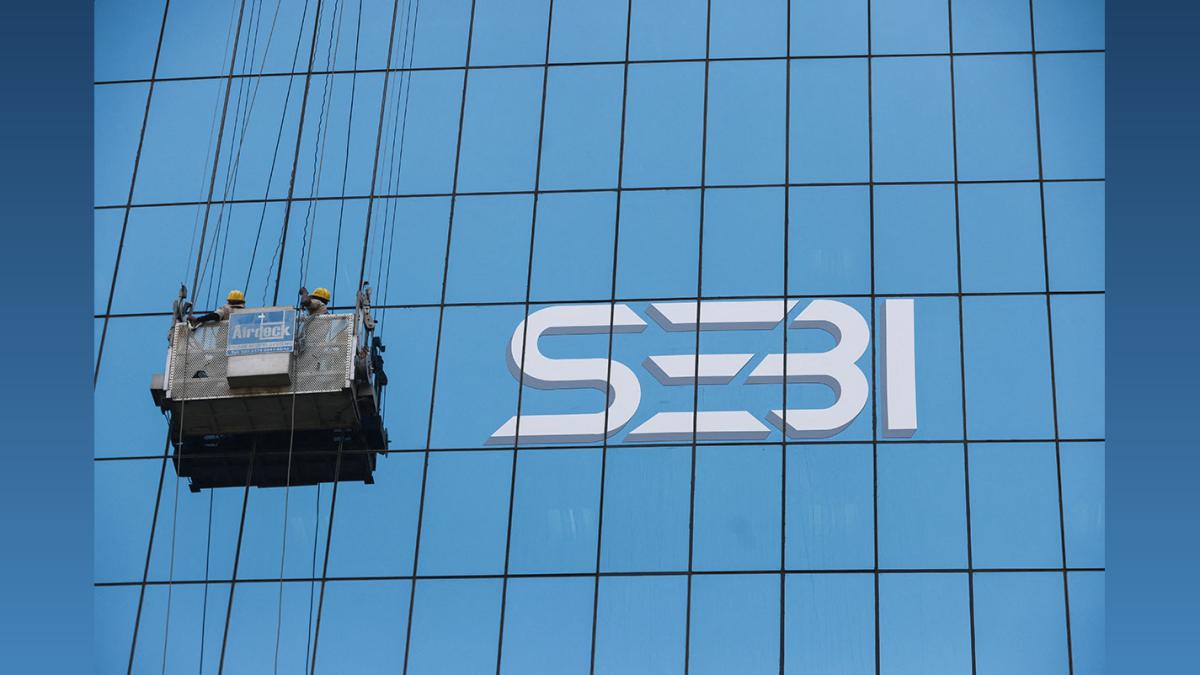UPI-Based Fund Blocking for Stock Trading: New Rules from Feb 1
Starting February 1, stock brokers must offer UPI-based fund blocking or 3-in-1 accounts, enhancing investor security and convenience. Learn about the new rules and options available to investors.

Photograph: Francis Mascarenhas/Reuters
New Delhi, Oct 2 (PTI) Starting February 1, qualified stock brokers will have to either offer the facility of trading in the secondary market using the UPI-based block mechanism to their clients, similar to the ASBA facility, or a three-in-one trading account facility, a move that will empower investors.
Qualified Stock Brokers (QSBs) must offer one of these two options, in addition to the current mode of trading.
A three-in-one trading account combines a savings account, a demat account, and a trading account into a single integrated solution. In this case, the clients would have their funds in their bank account, earning interest on the cash balances.
"This initiative will empower and benefit investors with enhanced security, improved transparency, interest earnings and ease of making payments at a time when UPI payments are witnessing significant growth," Rahul Jain, CFO, NTT DATA Payment Services India, said.
Additionally, the move will improve fund management and further enhance investors' convenience, allowing them to create a payment mandate by blocking funds for trading which will safeguard their amount from misuse, he added.
On Monday, Sebi's board approved a proposal whereby, in addition to the current mode of trading, the QSBs shall provide either the facility of trading supported by blocked amount in the secondary market (cash segment) using UPI block mechanism (ASBA-like facility for the secondary market) or the 3-in-1 trading account facility, with effect from February 1, 2025.
In the UPI block mechanism, clients can trade in the secondary market based on blocked funds in their bank accounts, instead of transferring the funds upfront to the trading member.
Clients of the QSBs will have the option, to either continue with the existing facility of trading by transferring funds to trading members or opt for the new facility.
Trading members (TM) are classified as QSBs based on factors such as the size and scale of their operations, including the number of active clients, the total assets held by clients with the TM, the end-of-day margin of all clients, and the trading volume of the TM.
Being designated as a QSB, brings with it enhanced responsibilities and obligations. Further, QSBs are also subjected to enhanced monitoring by market infrastructure institutions.
The markets regulator had introduced the use of RBI-approved Unified Payments Interface (UPI) with the facility of blocking of funds as a payment mechanism for retail investor applications submitted through intermediaries for public issues such as IPO from January 2019.
The Beta version of trading through block mechanism for secondary markets was launched on January 1, 2024, for individuals and HUFs, and was made applicable only to the cash segment.
At present, the facility is optional for investors, and not mandatory for trading members to provide as a service to clients.
Qualified Stock Brokers (QSBs) must offer one of these two options, in addition to the current mode of trading.
A three-in-one trading account combines a savings account, a demat account, and a trading account into a single integrated solution. In this case, the clients would have their funds in their bank account, earning interest on the cash balances.
"This initiative will empower and benefit investors with enhanced security, improved transparency, interest earnings and ease of making payments at a time when UPI payments are witnessing significant growth," Rahul Jain, CFO, NTT DATA Payment Services India, said.
Additionally, the move will improve fund management and further enhance investors' convenience, allowing them to create a payment mandate by blocking funds for trading which will safeguard their amount from misuse, he added.
On Monday, Sebi's board approved a proposal whereby, in addition to the current mode of trading, the QSBs shall provide either the facility of trading supported by blocked amount in the secondary market (cash segment) using UPI block mechanism (ASBA-like facility for the secondary market) or the 3-in-1 trading account facility, with effect from February 1, 2025.
In the UPI block mechanism, clients can trade in the secondary market based on blocked funds in their bank accounts, instead of transferring the funds upfront to the trading member.
Clients of the QSBs will have the option, to either continue with the existing facility of trading by transferring funds to trading members or opt for the new facility.
Trading members (TM) are classified as QSBs based on factors such as the size and scale of their operations, including the number of active clients, the total assets held by clients with the TM, the end-of-day margin of all clients, and the trading volume of the TM.
Being designated as a QSB, brings with it enhanced responsibilities and obligations. Further, QSBs are also subjected to enhanced monitoring by market infrastructure institutions.
The markets regulator had introduced the use of RBI-approved Unified Payments Interface (UPI) with the facility of blocking of funds as a payment mechanism for retail investor applications submitted through intermediaries for public issues such as IPO from January 2019.
The Beta version of trading through block mechanism for secondary markets was launched on January 1, 2024, for individuals and HUFs, and was made applicable only to the cash segment.
At present, the facility is optional for investors, and not mandatory for trading members to provide as a service to clients.
You May Like To Read
TODAY'S MOST TRADED COMPANIES
- Company Name
- Price
- Volume
- Vodafone-Idea-L
- 11.65 (+ 3.56)
- 106772451
- Alstone-Textiles
- 0.28 ( -3.45)
- 44187760
- Mangalam-Industrial
- 0.88 ( -2.22)
- 39177573
- Sunshine-Capital
- 0.27 (+ 3.85)
- 35956340
- GMR-Airports
- 104.40 (+ 6.37)
- 30453005





